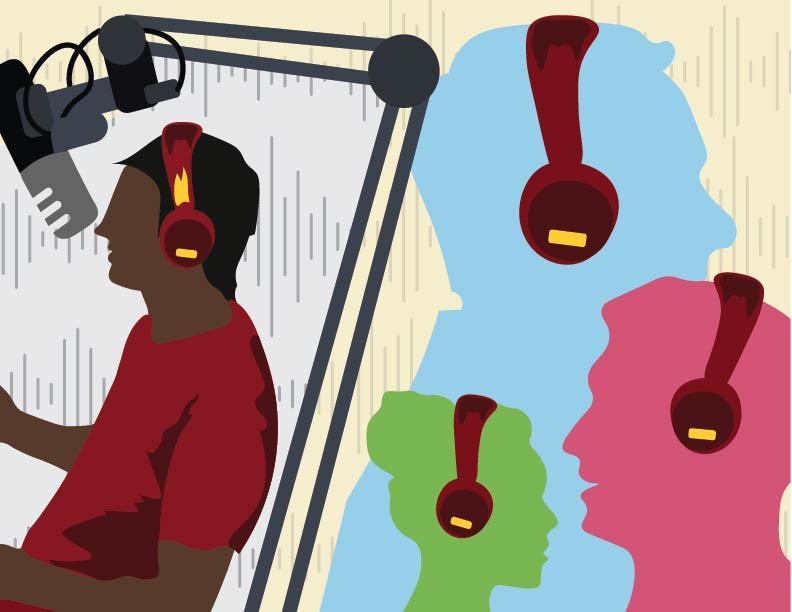The University of Minnesota’s School of Public Health addresses what the public needs to know about the COVID-19 pandemic in its latest podcast series.
“Health in All Matters,” which aired its first episode last month, aims to provide the public with accurate information about the virus. Experts from the University and around the U.S. have been guests on the podcast so far. Staff working on the podcast said it is important to show people that science may not have the answers for COVID-19 today, but everyone is working toward them.
“People are anxious, rightfully so. People are craving information, and often they don’t know [if] what they’re getting is credible information,” said John Finnegan, dean of the University’s School of Public Health.
The amount of misinformation circulating about COVID-19 is part of why the school began this podcast. The University’s obligation is to educate the public, he said.
“Our goal is to really help to translate as much scientific information as we know about, to translate it into a way that the average individual is capable of understanding,” Finnegan said.
Staff at the school said they have been receiving positive feedback about the podcast, with many pointing out that the podcast is a reputable source.
“It makes me wonder … how accustomed we’ve grown to unreliable or untrustworthy information if people are giving feedback and selecting the words ‘reliable’ and ‘trustworthy,’” said Michael Joyce, host of the podcast and multimedia journalist.
Using terms like “fake news” is a distraction to the larger problem, he said, which is poorly reported news.
“You’ll often have people ask … what about the role of reassuring people? My response to that is the best way to assure people is not to pander with promises, especially superficial promises,” he said.
If the podcast guests are unaware of the answers, they make sure to let the public know it is speculation, Finnegan said.
“Sometimes our politicians are standing up there and saying they have all the answers, and everything is under control, and I think a little bit of humility is in order,” he said.
The School of Public Health had been looking into the idea of a podcast for a while before the outbreak of COVID-19, said Sarah Bjorkman, the podcast’s project manager and communications director at the School of Public Health.
“As we were brainstorming, we had the foresight to think into the future and understand that we might not be able to put these experts forward in an in-person way,” she said.
The podcast format was important so that wherever a listener was, they would be able to access the information, Bjorkman said.
WellShare International, a nonprofit health organization in the Twin Cities, reached out to the podcast staff about translating the podcast into four different languages.
“I think down the line, we’re going to have to — as a race of human beings and as a nation and as a world — we’re going to ask some very fundamental questions about what the world should look like after this abates,” Finnegan said.








